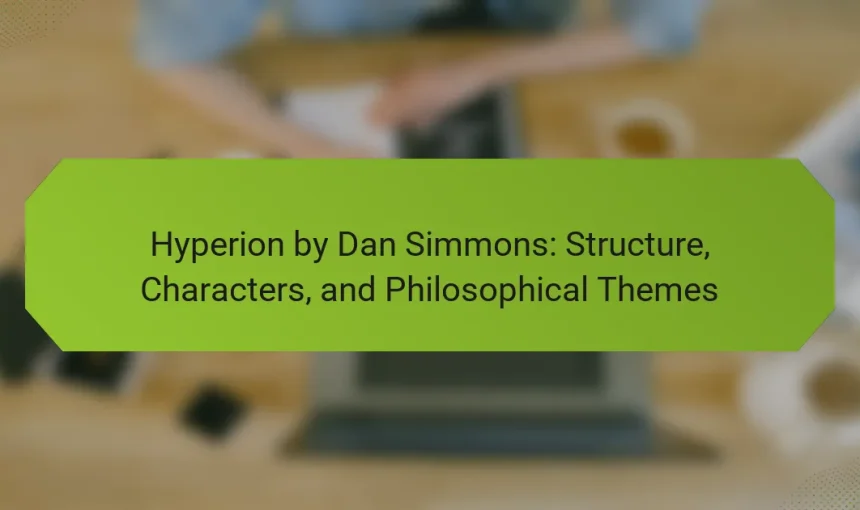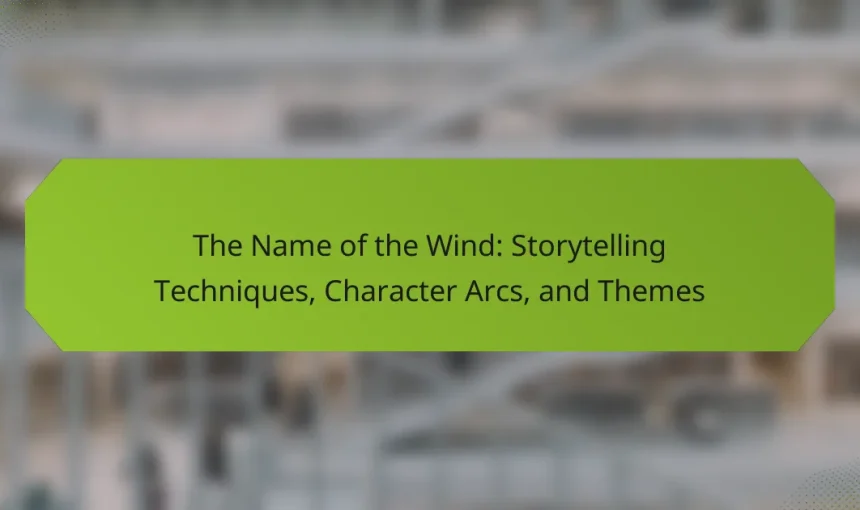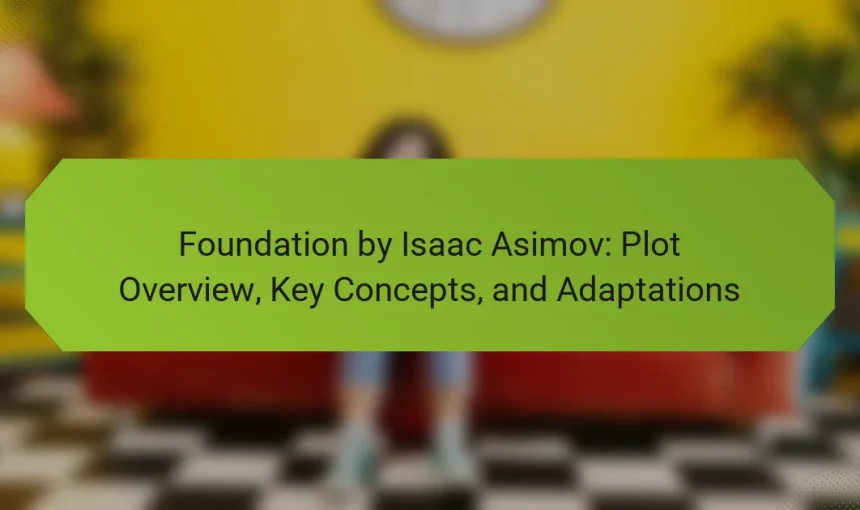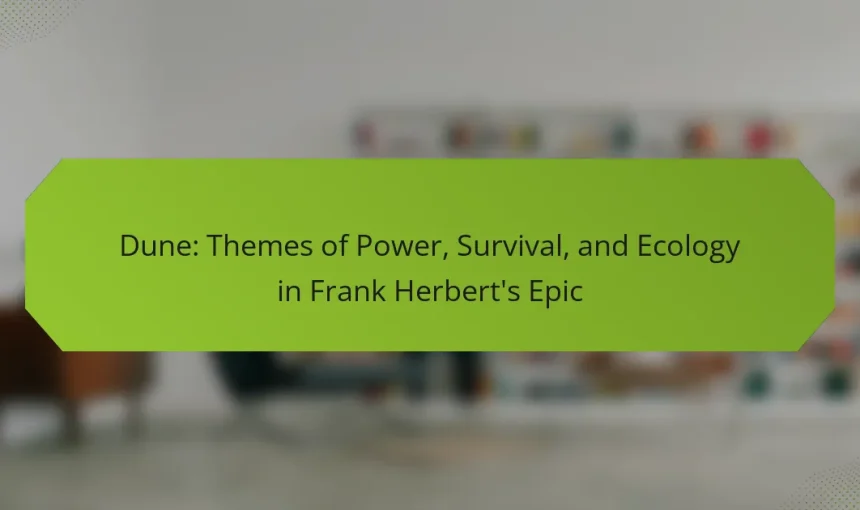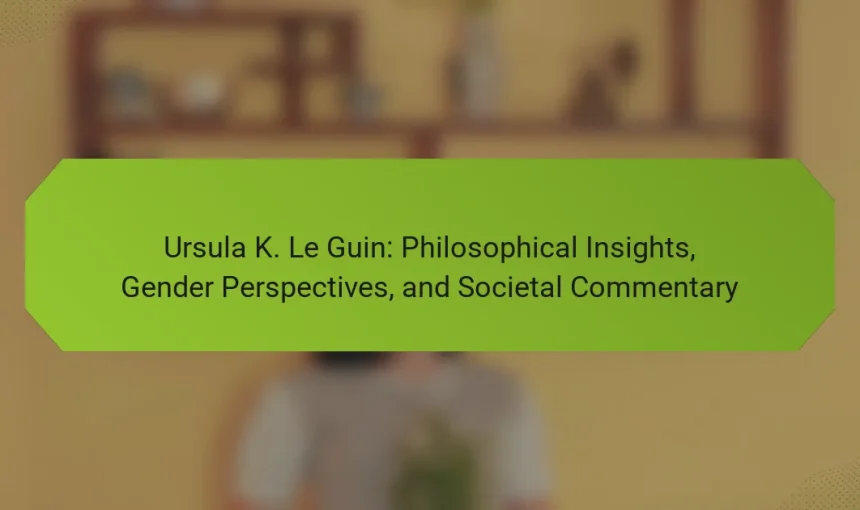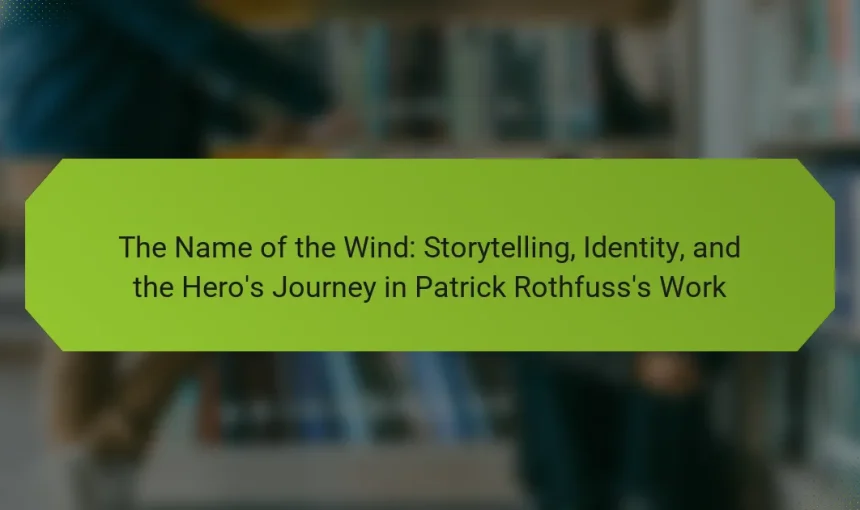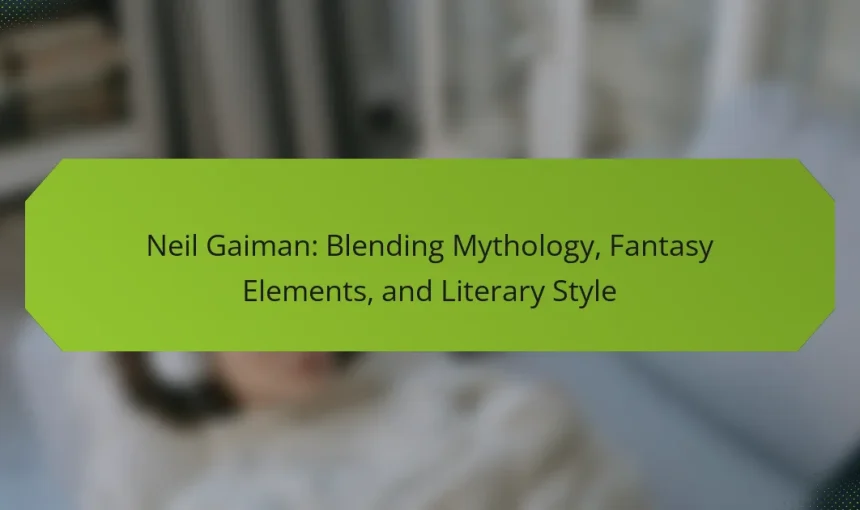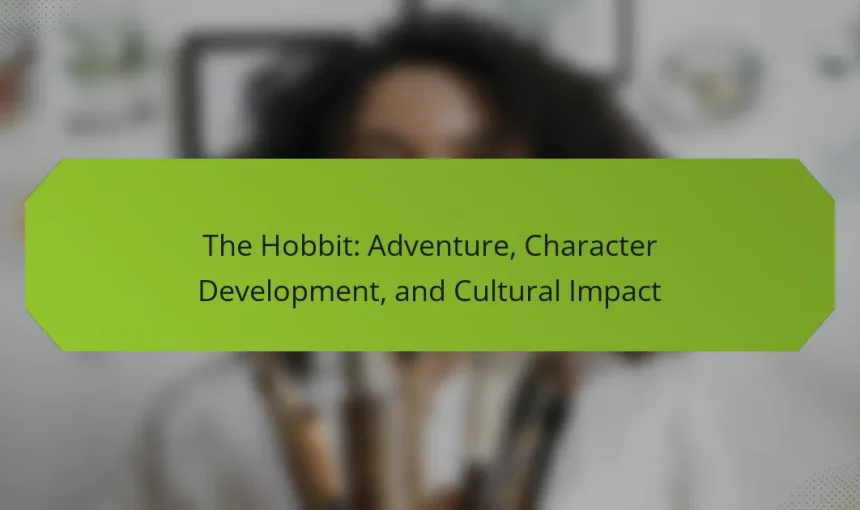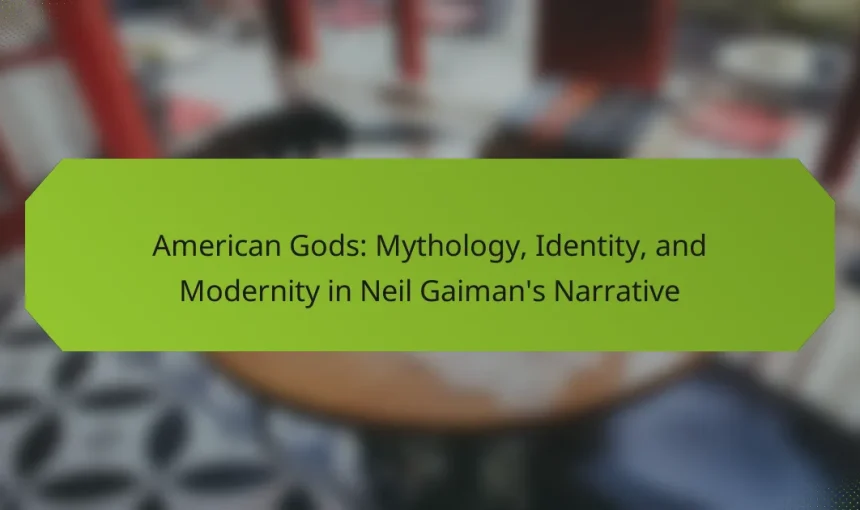Exploring the intricate narrative of “Hyperion” by Dan Simmons reveals its complex structure, diverse characters, and profound philosophical themes. The novel’s layered storytelling intertwines multiple character perspectives, each reflecting unique existential dilemmas. Key characters embody distinct themes, such as faith, violence, and creativity, while the overarching narrative delves into concepts like time, free will, and […]
Understanding the storytelling techniques in The Name of the Wind enhances the reading experience. This article explores first-person narration, nonlinear timelines, and rich world-building. It also examines character arcs, focusing on Kvothe’s growth and the complexities of identity. Finally, it highlights central themes such as the power of storytelling and the quest for knowledge. What […]
Isaac Asimov’s “Foundation” delves into the complexities of civilization’s rise and fall. The article covers the plot overview, key concepts like psychohistory, and notable adaptations, including the Apple TV+ series. It highlights the cyclical nature of history and the importance of knowledge preservation in shaping the future. Additionally, it addresses common misconceptions surrounding the series […]
Frank Herbert’s Dune delves into critical themes of power, survival, and ecology. The novel examines the dynamics of control and manipulation in political landscapes. It highlights the harsh realities of survival in the desert environment of Arrakis. Additionally, Dune addresses ecological concerns, emphasizing the balance between resource management and sustainability. What are the central themes […]
Ursula K. Le Guin’s work offers profound insights into philosophy, gender perspectives, and societal commentary. Her narratives challenge conventional norms, exploring identity and morality. Le Guin critiques patriarchal structures and advocates for gender equality. Through intricate world-building, she prompts critical discourse on power dynamics and human experience. How does Ursula K. Le Guin’s work reflect […]
The interplay between technology and humanity raises critical questions about identity and autonomy in a digital age. Neuromancer explores cyberpunk aesthetics, highlighting themes of corporate dominance, artificial intelligence, and the fusion of human and machine. The novel’s vivid imagery and dystopian world emphasize the allure and peril of technological advancement. Through its complex narrative, it […]
Storytelling is a powerful force that shapes identity and influences personal journeys. In “The Name of the Wind,” Patrick Rothfuss explores how narratives define characters like Kvothe, blending reality with myth. The article examines the key elements of the hero’s journey, the significance of music in identity formation, and the universal themes that resonate with […]
Neil Gaiman captivates readers by blending mythology and fantasy elements in his narratives. He draws from diverse mythologies, creating interconnected stories that resonate with modern themes. Gaiman’s unique literary style combines poetic language and metafictional techniques, enhancing character depth and inviting readers to question reality. Cultural contexts shape the reception of his works, fostering diverse […]
The Hobbit offers profound insights into adventure, character development, and cultural influence. It illustrates Bilbo Baggins’ transformation from a timid hobbit to a courageous hero. The narrative emphasizes themes of friendship, loyalty, and the struggle between good and evil. Additionally, its lasting impact on literature and popular culture showcases the enduring relevance of Tolkien’s work. […]
In a rapidly changing world, how do ancient myths shape modern identity? Neil Gaiman’s “American Gods” intertwines mythology with contemporary culture, exploring the clash between old and new gods. The narrative highlights character struggles, cultural conflicts, and the impact of modernization on belief systems. Through diverse mythological figures, Gaiman critiques consumerism and emphasizes the fluidity […]
